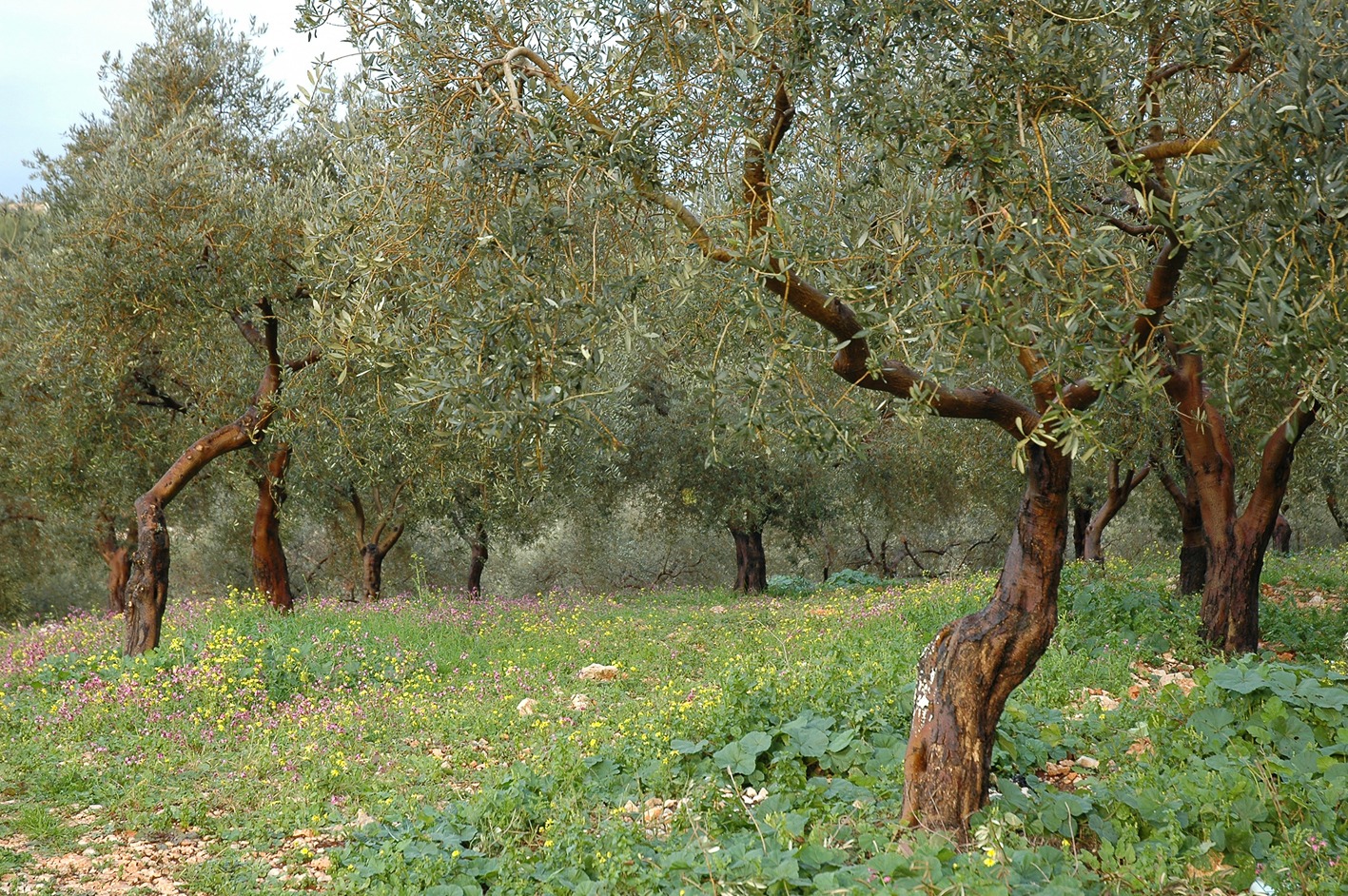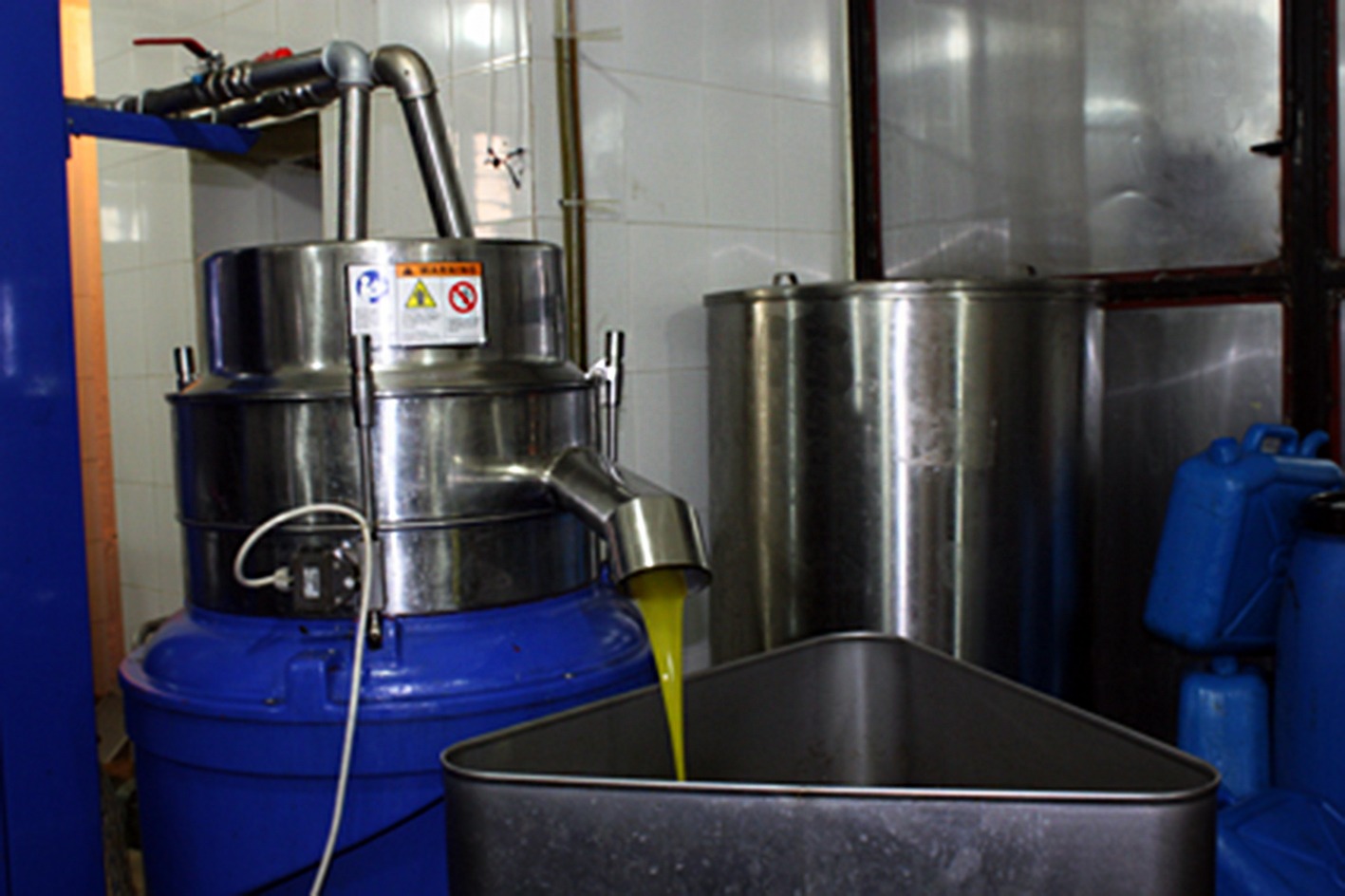Olive oil has a long history in Lebanon; but with an advance in technology over the years that heritage has been refined. LT looks at the production of extra virgin olive oil; its numerous health benefits and how to taste a good oil from bad.

Lebanon has one of the oldest histories in the world of olive oil production and the tradition remains deeply ingrained in the country’s culture. Many families still grow their own olives and take them to the local mill for pressing; others are loyal to the olive oil of a small-scale farmer or mill-owner from whom they’ve been buying for years. Technology though has significantly improved the process of creating olive oil and awareness is growing about the quality and health benefits of extra virgin olive oil.
The health benefits
To produce a quality extra virgin olive oil every detail of the production process should be considered – from ensuring the lands and trees from which the olives come are organic, to taking care of how they are transported and processing them in a fully equipped mill with the latest technology. Many olive oils on the supermarket shelf are refined, removing the imperfections to make it smoother and more sellable, though in the process removing the taste, bitterness and health benefits. The International Olive Council (IOC) considers extra virgin olive oil the highest quality olive oil and to achieve classification it must follow a certain production process and meet standards. Extra virgin is unfiltered, meaning it is purer and a higher quality oil with antioxidants called polyphenols and anti-inflammatories that are good for the health.
The Ministry of Agriculture will soon launch a lab in Lebanon, dedicated to tasting extra virgin olive oil. The panel will be made up of 20 tasters and is due to launch in the New Year. It aims to accredit extra virgin olive oils in Lebanon; making it easier for the consumer to establish the quality they are buying.

The production process
There are several key elements in the production process that ensure a good quality extra virgin olive oil. The fruit harvested should be unharmed and gathered in crates rather than bags. They should be taken directly to the mill for processing, without a period of storage. Then after the leaves are taken out they should be pressed in stainless steel machinery, without much water, at a stable temperature. Finally the olive oil should be stored in stainless steel tanks.
Fighting habit
People’s loyalty to producers who create olive oil through a traditional and perhaps unhygienic process can be hard to break. If someone has been buying from the same producer for 20 years, they are unlikely to change, since there is a trust there, even if the oil’s quality has not improved. Though after years of projects and funding in the industry, educating producers on the technical issues of olive oil production, things are slowly changing.
Taste before you buy
Taste and smell are the keys to choosing a good olive oil; with the more bitter tasting and pungent the smell, the better the oil. Though it might take some time to educate your palette there are key warning signs to look out for: fermented, rotten or stagnant water smells are all obvious pointers to a bad oil. If you’re not yet confident about your palette – a simple knowledge about the production process will help you ask questions to assess whether the olive oil from your supplier is up to standard.
For the first time this year, the Beirut Cooking Festival, hosted The World of Olive Oil event, made possible with the financial support of the International Olive Council. The event featured daily sessions and workshops with celebrity chefs, expert tasters, dieticians and doctors that revealed the quality and benefits of extra virgin olive oil. Some of the questions addressed included: How to identify extra virgin olive oil, the positive and negative attributes, how to buy olive oil and how to pair extra virgin olive oil with different kinds of food, thus raising awareness of not only the product and its uses but the different varieties available across the different regions in Lebanon and their distinct tastes. If more outreach initiatives such as this are created to educate the public on the benefits and quality of extra virgin olive oil, the industry will slowly change for the better.
Read more about Lebanon’s Olive Harvest here.
Loading
